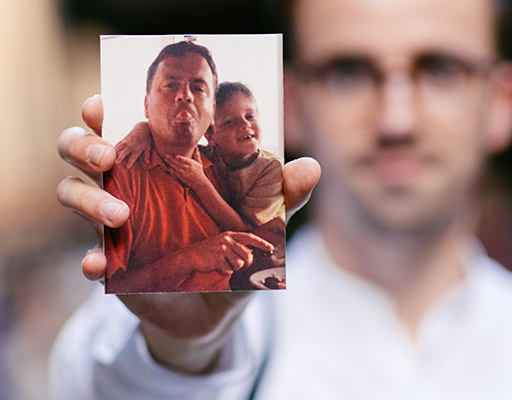I know more than I’d like to about brain tumours.
I’ve lived with one for five years, and as a volunteer and fundraiser for The Brain Tumour Charity I’ve met many people affected by them.
But sometimes I still hear something that really shocks me.
It happened last year, in a room full of people discussing charity donations and what might persuade them to leave money to a good cause.
I had just been chatting to a mum who lost her young daughter to a brain tumour, so of course I was feeling fired up about how much we still need to do to find a cure for this awful disease.
Then someone mentioned donkeys. Then someone mentioned the amount which was left each year in Wills to other charities, compared to The Brain Tumour Charity
To be precise, someone mentioned the amount that is left each year in wills to The Donkey Sanctuary.
If you’d asked me to guess, I’d have struggled. I certainly wouldn’t have been anywhere near the true figure: more than twenty million pounds.
And I’ve discovered since then that it’s not the only charity that does so well from legacies.
The Dogs Trust received more than £24 million in legacy income in 2014. Parkinson’s UK received £8.3 million – a third of the charity’s total income. In 2012/13, The National Trust was left more than £50 million in wills.
All of these charities do good work. There are thousands of people who believe passionately in those causes and it’s great that they choose to support their favourite charity with a legacy donation.
But I know there are also thousands of people who believe just as passionately in The Brain Tumour Charity and its goals – to double survival and halve the harm that brain tumours cause to quality of life.
People who are living with a brain tumour, or who have lost someone they love to a brain tumour, or who simply want to change the fact that brain tumours kill more children and adults under 40 than any type of cancer.
So why don’t more of them promise to leave a legacy to The Brain Tumour Charity?
Last year the charity received £230,000 from donations in wills – about three per cent of its annual income.
Maybe people feel that if they can’t leave millions, it isn’t worth it.
But I can tell them that’s not true. The smallest amounts can make a huge difference. I’ve put together information packs at The Brain Tumour Charity and helped send out HeadSmart cards, which lists the symptoms of children’s brain tumours.
They cost pennies. They save lives.
Maybe people are afraid to think about what happens after they die.
But wouldn’t it be better to know they were making a difference? That something they did gave someone a better chance, more support, a longer life?
If we can do it for donkeys and dogs and historic houses, surely we can do it for brain tumour patients too.
– Tim

